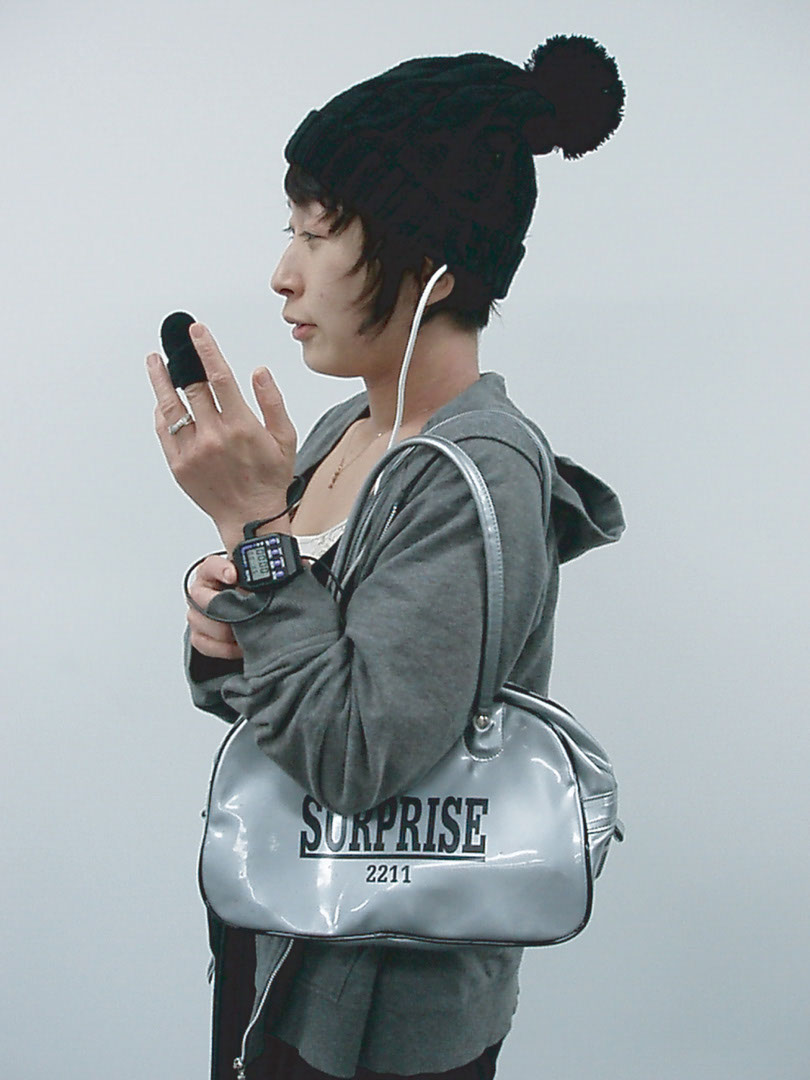“Beat Story: Life-Log System of Subjective Time using Heart Beat Rate” by Nozawa, Narumi, Nishimura and Hirose
Conference:
Type(s):
Entry Number: 0011
Title:
- Beat Story: Life-Log System of Subjective Time using Heart Beat Rate
Presenter(s)/Author(s):
Abstract:
Introduction
We are interesting in Visualization of Life-Log data. In this research area, mining and compression is becoming more important. This is caused by the vast amounts of data recorded. Altogether, it is significant mining important data from vast amounts of everyday-life data recorded. To solve this problem, we focus attention on subjective time estimation using in experimental psychology .
Time estimation is human ability to estimate the passage of time, while they do not have any particular organs in thier body. Due to this ability, humans subjectively recognize one hour (measured by clock) as 5 min or as more than one hour. For example, people may have a different sense of time when you make a presentation from when they attend at uniterested lectures. The usual Life-Log systems treat one time estimate the same as the other. We aim to record the this difference of time estimate. Japanese neurologists, Y. Nishimura et al. pointed the negative correlation between time estimate and the number of heartbeats per minute[Nishimura et al.,2001]. In addition, D. Eagleman , the associate professor Baylor College of Medicine, behavioral scientist, neurologist, and psychologist, suggested subjective time estimate relate record density by brain[Eagleman et al., 2007]. In other words, he suggests the more record density increase, the longer human estimate time than by clock.
Thus, we propose a notable system to record time estimate using these suggestions. This system keep taking pictures by Web- Cam and record the number of heart-beat per minute. The system change the number of recorded picture to play. This change results from the recorded number of heart-beat per minutes (BPM).
References:
1. Chess Stetson, M. P. F., and Eagleman., D. M. Does time really slow down during a frightening event? ‘PLoS ONE, December.
2. Yoshiko Nishimura, Yumie Otsuka, E. A., 2001. Jikan no kankaku ni mirareru seisa (japanese only). The 2nd International Symposium: Workshop on Chronoastrobiology and Chronotherapy, November.




